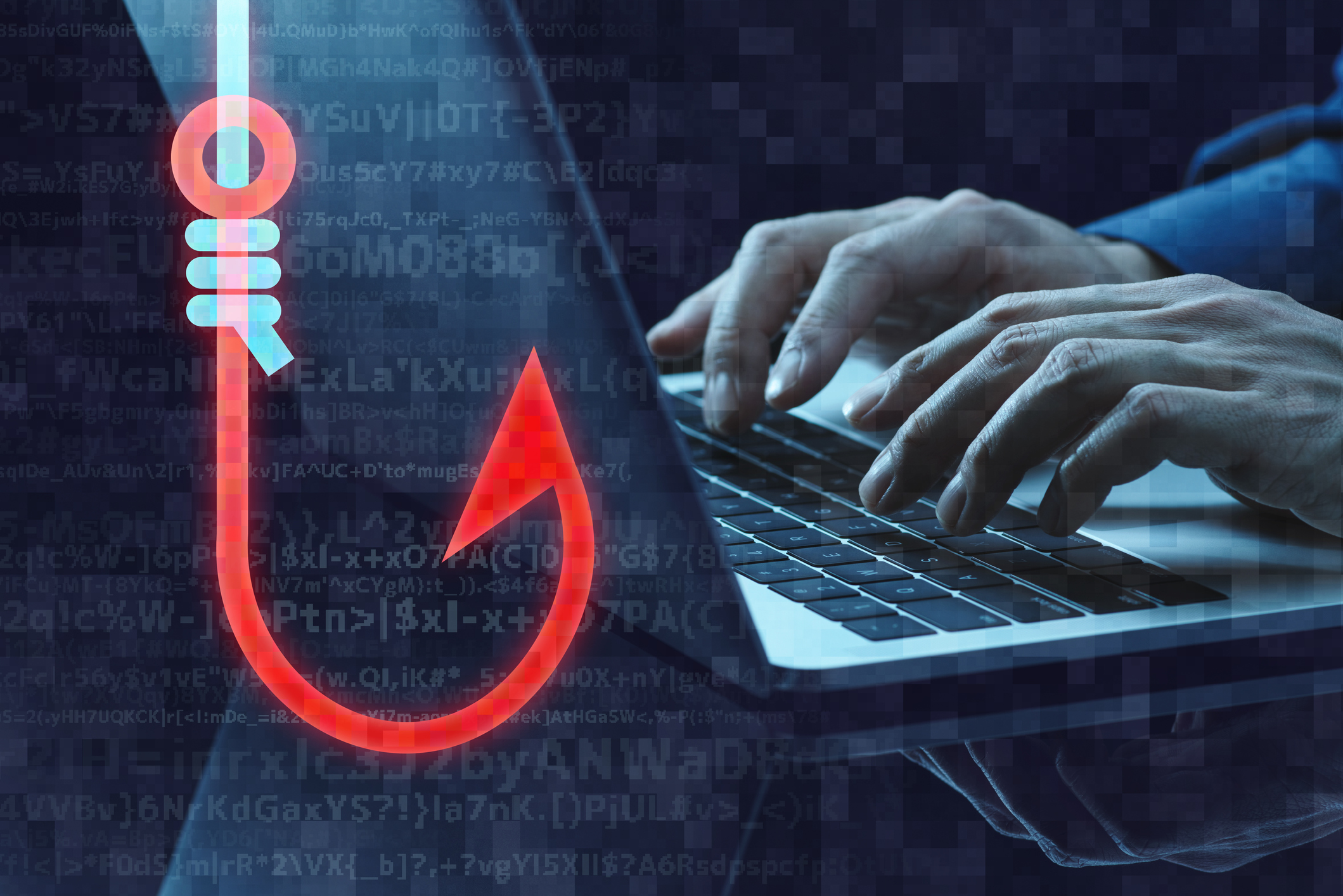The emergence of Pikabot malware, employed by the group Water Curupira, represents a significant shift in cyber threat tactics, with its deployment closely linked to sophisticated phishing strategies like email conversation thread hijacking.
Pikabot and Its Operational Tactics
Pikabot operates as a loader malware with two components: a loader and a core module. This sophisticated design enables unauthorized remote access and the execution of arbitrary commands via a command-and-control server. Initially used in various campaigns for dropping backdoors such as Cobalt Strike, leading to ransomware attacks like Black Basta, Pikabot primarily infiltrates systems through spam emails containing archives or PDF attachments. These emails employ thread-hijacking techniques, making the attacks highly effective due to the established trust in ongoing email conversations.
Phishing Campaigns and Thread-Hijacking
Central to the operation of Pikabot is the use of phishing campaigns. These campaigns are meticulously crafted, employing a technique known as thread-hijacking. Email conversation thread hijacking, or email reply chain attacks, is an advanced phishing method that leverages existing email conversations to spread malicious content. Attackers gain access to a victim’s email account, monitor ongoing threads, and then insert malicious emails, effectively exploiting the trust between the original conversation participants. The bond of trust and context already established in these threads significantly increases the likelihood of recipients interacting with the malicious content. Recipients of these emails are much more easily tricked into interacting with malicious links or attachments, as they appear to be part of a legitimate ongoing conversation. Malware families like Gozi ISFB/Ursnif, Emotet, Ursnif, and Valak have also adopted this technique for their phishing campaigns.
Pikabot’s Mechanism of Action
Once a recipient of a Pikabot phish interacts with the email attachment, the malware kicks into action. “The attached archive contains a heavily obfuscated JavaScript (JS) with a file size amounting to more than 100 KB. Once executed by the victim, the script will attempt to execute a series of commands using conditional execution,” as detailed in Trend Micro’s report. This process is essential for Pikabot to establish its foothold in the system. The malware is designed to avoid detection and activation in systems with Russian or Ukrainian language settings, which might suggest geopolitical motivations or affiliations of the threat actor.
Impact and Significance
Pikabot’s emergence and capabilities underscore the evolving and adaptive nature of cyber threats. Its association with the Black Basta ransomware attacks through Cobalt Strike backdoors highlights a growing trend of sophistication in cyber attacks. The malware’s ability to infiltrate systems via phishing, execute arbitrary commands, and establish unauthorized remote access presents a formidable challenge to cybersecurity defenses.
Defending Against Sophisticated Phishing Attacks
To combat these sophisticated attacks, a combination of advanced email filtering technologies and heightened user awareness is crucial. Traditional methods like trusting emails from known senders are no longer sufficient. Organizations must emphasize continuous education and awareness programs to help employees recognize and avoid these attacks. Incorporating regular phishing training, social engineering exercises, and robust endpoint detection solutions can significantly reduce the risk posed by such advanced phishing techniques.
How Can Netizen Help?
Netizen ensures that security gets built-in and not bolted-on. Providing advanced solutions to protect critical IT infrastructure such as the popular “CISO-as-a-Service” wherein companies can leverage the expertise of executive-level cybersecurity professionals without having to bear the cost of employing them full time.
We also offer compliance support, vulnerability assessments, penetration testing, and more security-related services for businesses of any size and type.
Additionally, Netizen offers an automated and affordable assessment tool that continuously scans systems, websites, applications, and networks to uncover issues. Vulnerability data is then securely analyzed and presented through an easy-to-interpret dashboard to yield actionable risk and compliance information for audiences ranging from IT professionals to executive managers.
Netizen is an ISO 27001:2013 (Information Security Management), ISO 9001:2015, and CMMI V 2.0 Level 3 certified company. We are a proud Service-Disabled Veteran-Owned Small Business that is recognized by the U.S. Department of Labor for hiring and retention of military veterans.
Questions or concerns? Feel free to reach out to us any time –
https://www.netizen.net/contact



